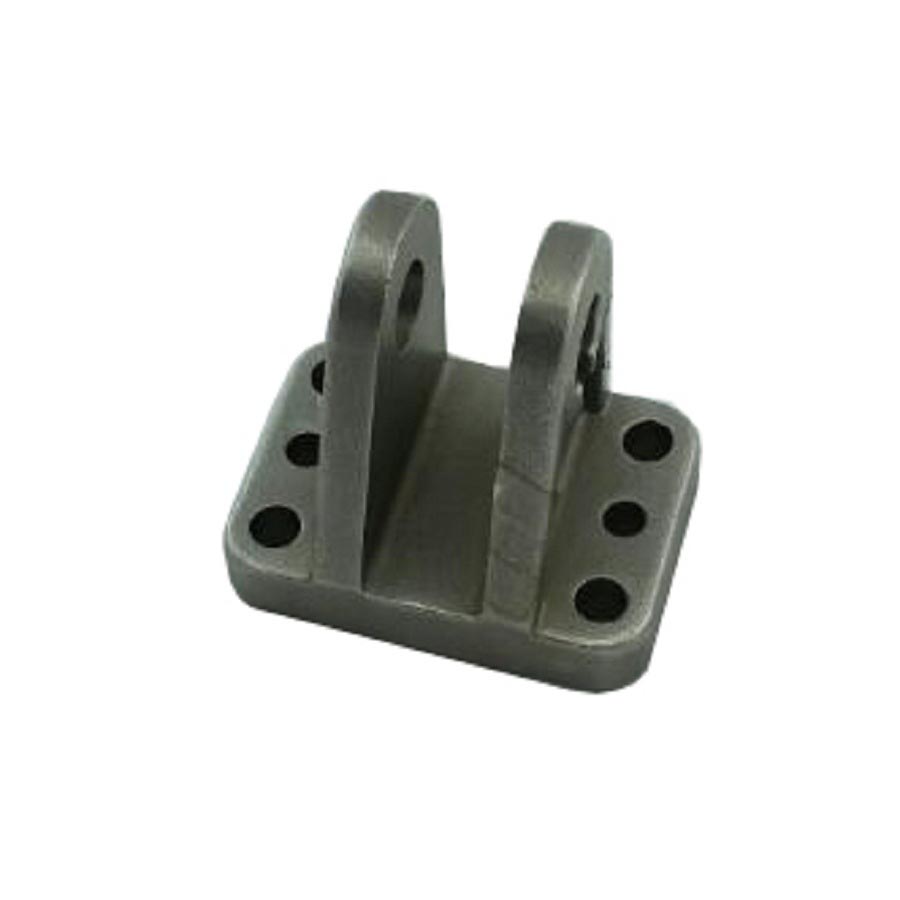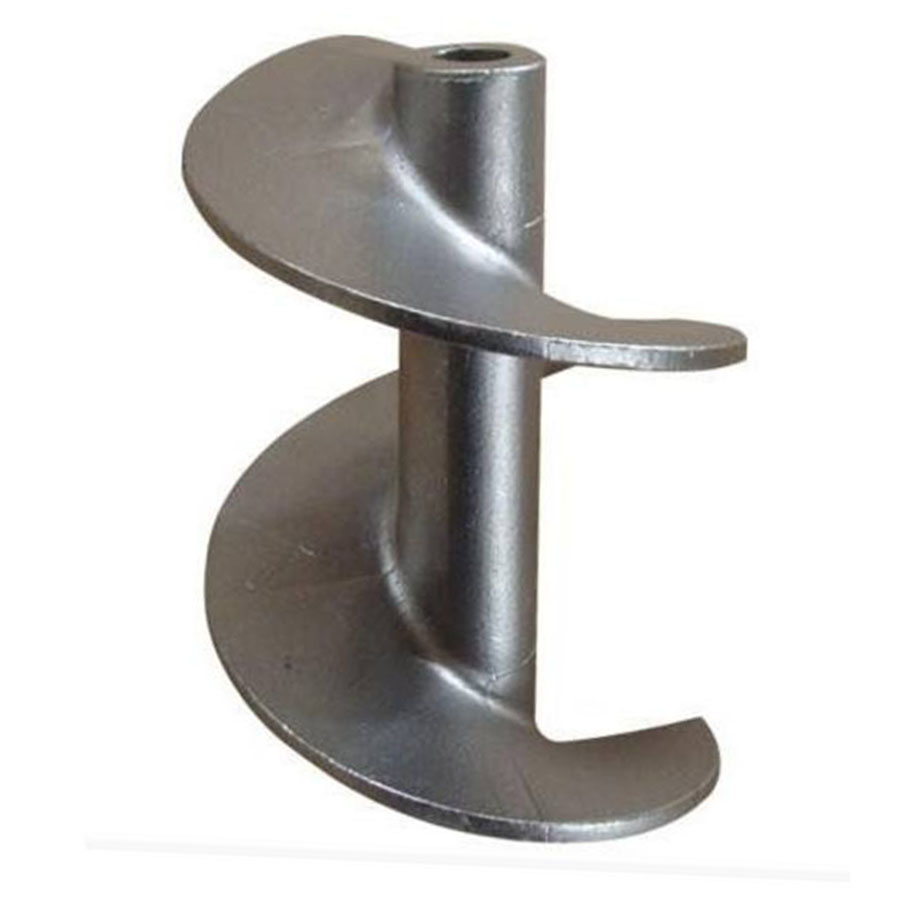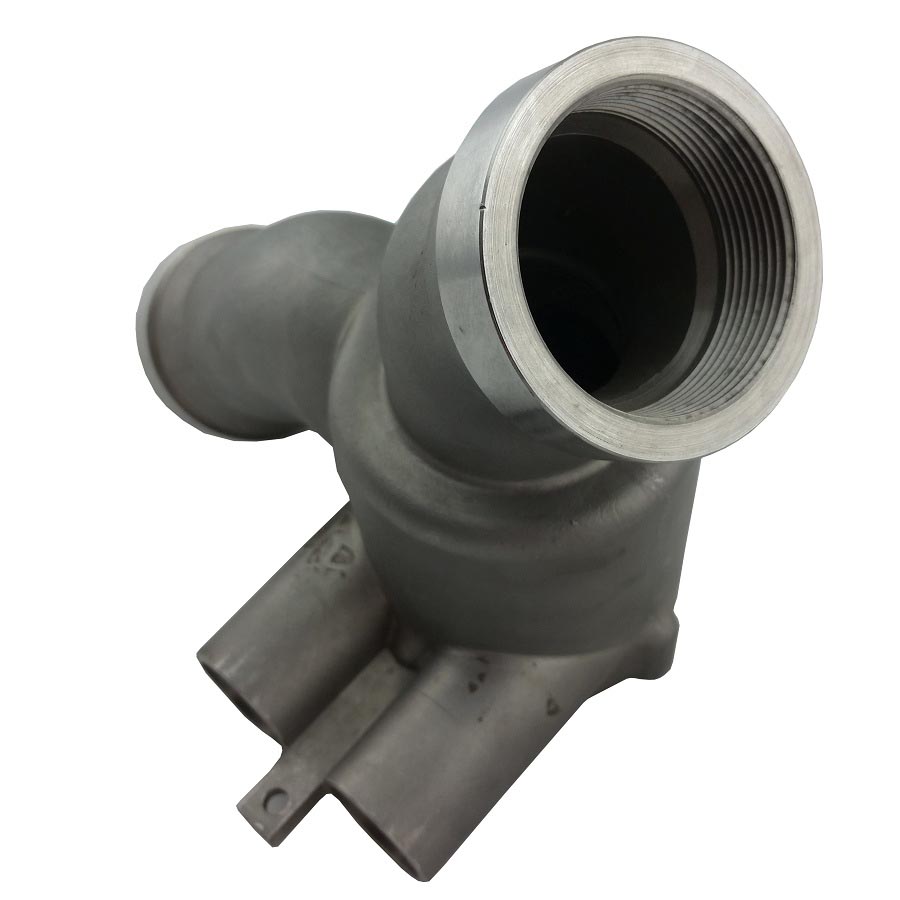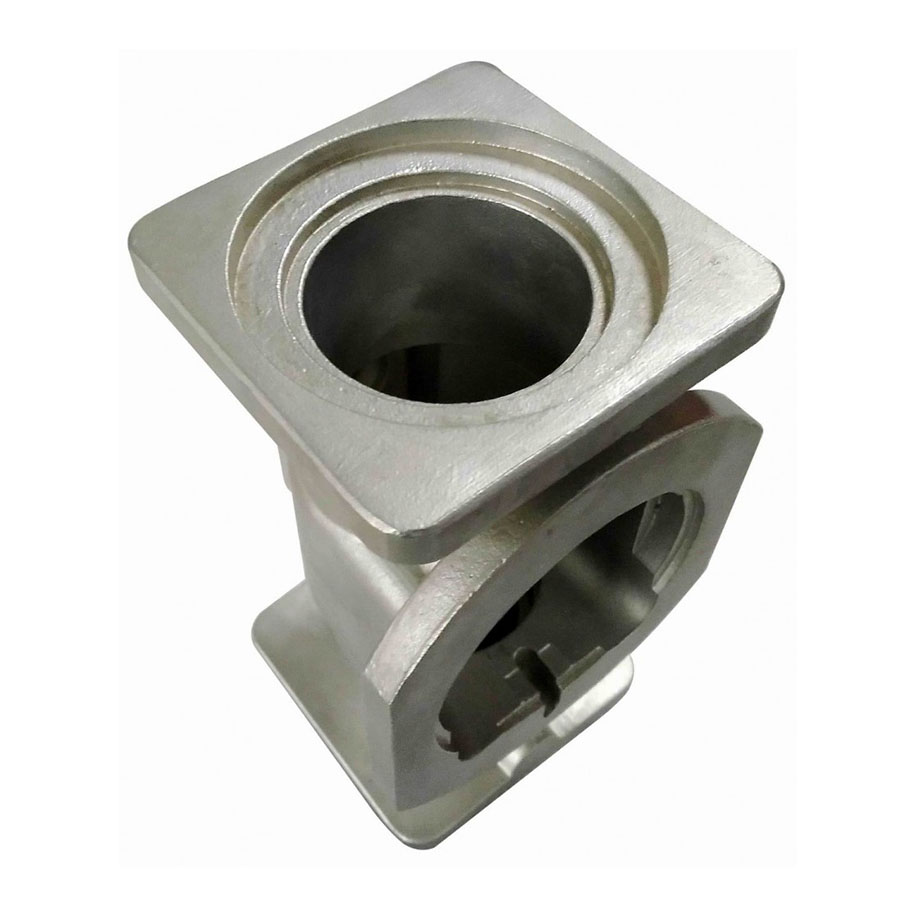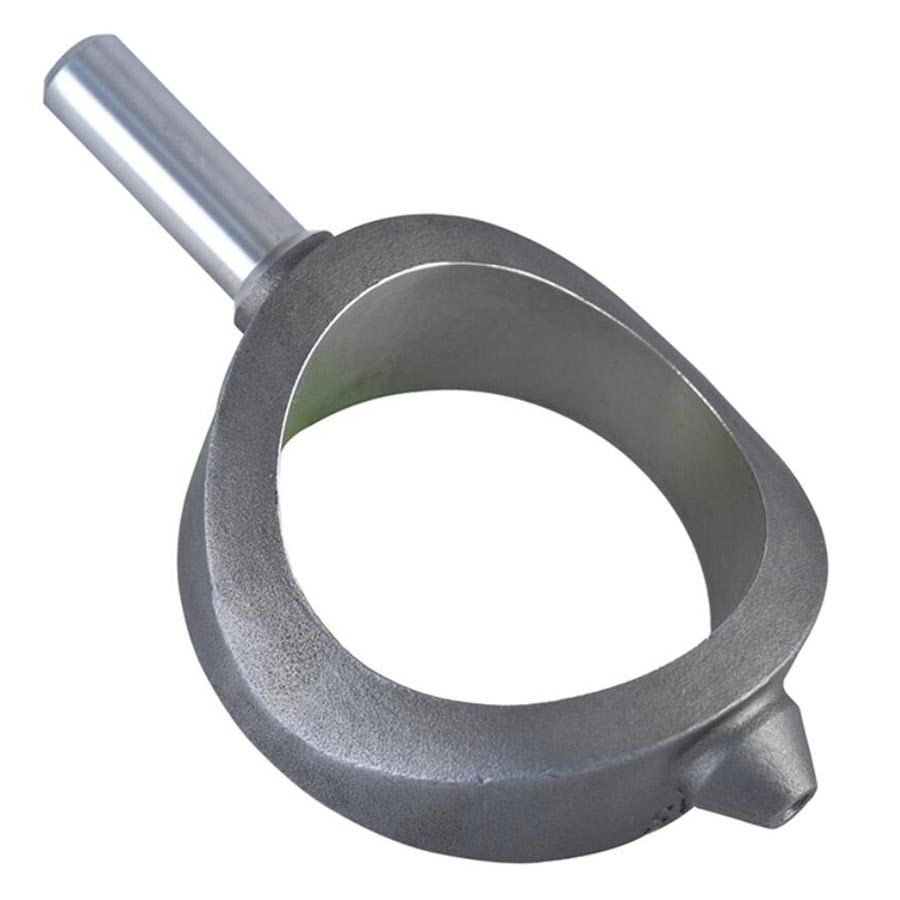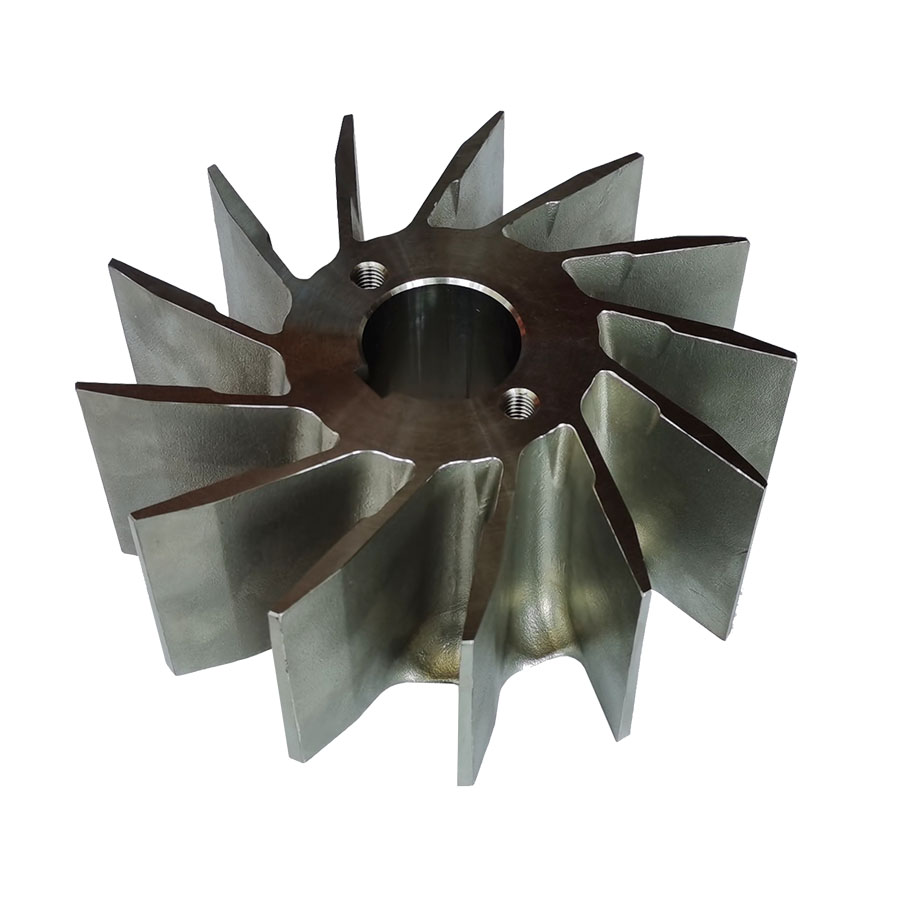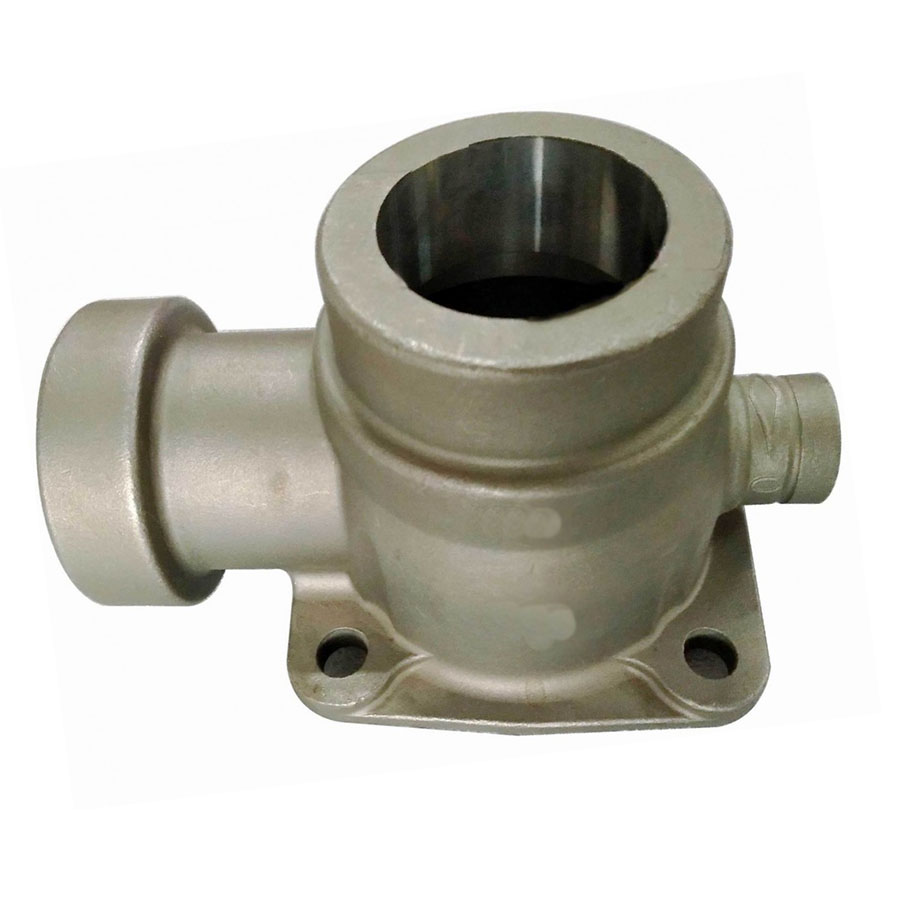Cast steel refers to the steel used for the manufacture of steel castings. Cast steel parts should be used when the strength of the casting is relatively high and the use of cast iron cannot meet the requirements. However, the fluidity of molten steel of cast steel is not as good as that of cast iron, so the thickness of the pouring structure should not be too small and the shape should not be too complicated. When the silicon content is controlled at the upper limit, the fluidity of molten steel can be improved. Cast steel can be divided into general engineering cast steel, welded structure cast steel, cast stainless steel, and heat-resistant cast steel according to its variety and purpose.
Cast steel can be divided into cast alloy steel and cast carbon steel according to its chemical composition, and can also be divided into cast tool steel, cast special steel, engineering and structural casting and cast alloy steel according to its characteristics. Casting alloy steel can be divided into low alloy cast steel (the total alloy elements are less than or equal to 5%), cast alloy steel (the total alloy elements are 5% to 10%) and cast high alloy steel (the total alloy elements are greater than or equal 10%).
Performance Characteristics of Alloy Steel Castings
• Poor fluidity and volume shrinkage and linear shrinkage are relatively large
• Comprehensive mechanical properties are relatively high. Compressive strength and tensile strength are equal
• Poor shock absorption and high notch sensitivity
• Low carbon steel castings have relatively good weldability.
Structural Characteristics of Alloy Steel Castings
• The minimum wall thickness of steel castings should be greater than the minimum wall thickness of gray cast iron. It is not suitable to design too complex castings
• Steel castings have relatively large internal stress and are easy to bend and deform
• The structure should minimize hot nodes and conditions for sequential solidification should be created
• The fillet of the connecting wall and the transition section of different thickness are larger than those of cast iron
• Complicated castings can be designed into a casting + welding structure to facilitate casting production
|
|
|||
|
Category
|
China Grade
|
US Grade
|
Germany Grade
|
|
Carbon Steel |
ZG15, ZG20, ZG25, ZG35, ZG45, ZG55, Q235, Q345, Q420 |
1008, 1015, 1018, 1020,
1025, 1030, 1035, 1040,
1045, 1050, 1060, 1070, WC6, WCC, WCB, WCA, LCB
|
1.0570, 1.0558, 1.1191, 1.0619, 1.0446, GS38, GS45, GS52, GS60, 1.0601, C20, C25, C30, C45 |
|
Low Alloy Steel |
20Mn, 45Mn, ZG20Cr, 40Cr, 20Mn5, 16CrMo4, 42CrMo,
40CrV, 20CrNiMo, GCr15, 9Mn2V
|
1117, 4130, 4140, 4340, 6150, 5140, WC6, LCB, Gr.13Q, 8620, 8625, 8630, 8640, H13 |
GS20Mn5, GS15CrNi6, GS16MnCr5, GS25CrMo4V, GS42CrMo4, S50CrV4,
34CrNiMo6, 50CrMo4, G-X35CrMo17, 1.1131, 1.0037, 1.0122, 1.2162, 1.2542, 1.6511, 1.6523, 1.6580, 1.7131, 1.7132, 1.7218, 1.7225, 1.7227, 1.7228, 1.7231, 1.7321, 1.8519, ST37, ST52
|
| High Mn Steel | ZGMn13-1, ZGMn13-3, ZGMn13-5 | B2, B3, B4 | 1.3802, 1.3966, 1.3301, 1.3302 |
|
Tool Steel |
Cr12 | A5, H12, S5 | 1.2344, 1.3343, 1.4528, GXCrMo17, X210Cr13, GX162CrMoV12 |
| Heat Resistant Steel |
20Cr25Ni20, 16Cr23Ni13,
45Cr14Ni14W2Mo
|
309, 310, CK20, CH20, HK30 | 1.4826, 1.4828, 1.4855, 1.4865 |
|
Nickel Based Alloy |
Hastelloy C-4 (2.4610), Hastelloy C-22 (2.4602), SUPPER 22H, CW-2M, CW-6M, CW-12MW, CX-2MW, HX(66Ni-17Cr), MRE-2, NA-22H, NW-22, M30C, M-35-1, Inconel 600 (2.4816), Inconel 625 (2.4663), Inconel 718 (2.4668)
|
2.4815, 2.4879, 2.4680 | |
|
Cobalt Based Alloy |
UMC50, 670, Grade 31 |
2.4778 |
|
 русский
русский
